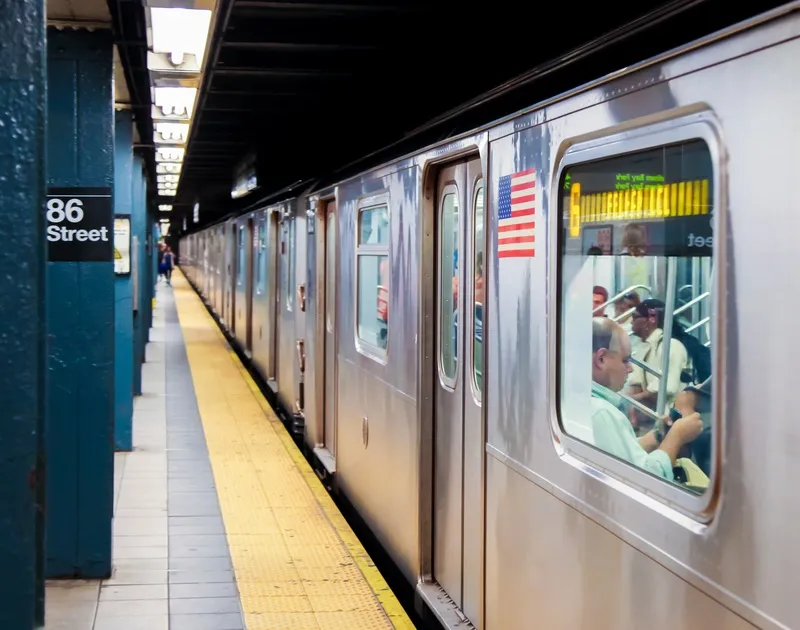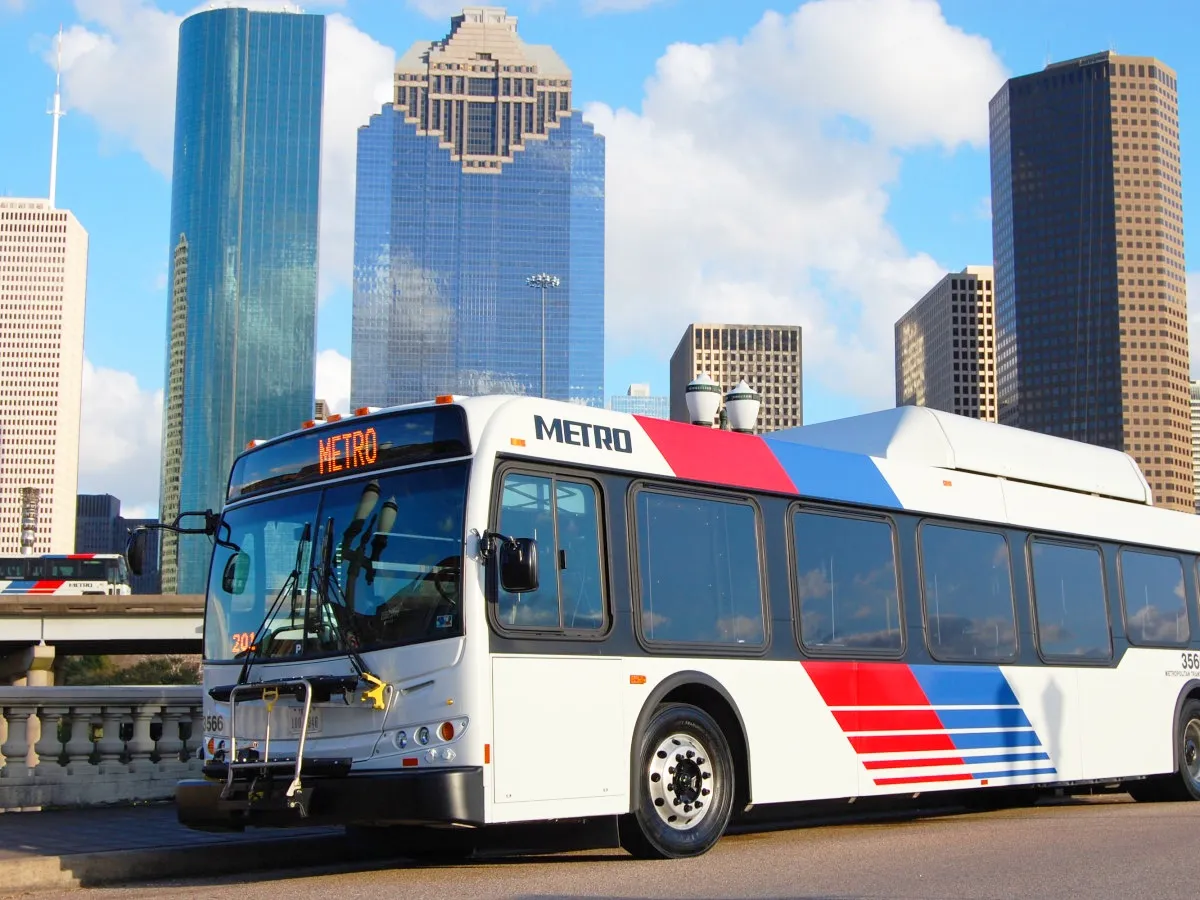Millions of bus passengers in Greater Manchester will benefit from cheaper fares with the introduction of new smart multi-operator bus travel.
The scheme is one of the largest in the UK outside London and is the result of collaboration between more than 30 bus operators through industry body Greater Manchester Travelcards (GMTL), the organisation behind the System One brand, in partnership with Transport for Greater Manchester (TfGM).
Passengers can now purchase multi-operator travel, which is store
November 19, 2015
Read time: 2 mins
Millions of bus passengers in Greater Manchester will benefit from cheaper fares with the introduction of new smart multi-operator bus travel.
The scheme is one of the largest in the UK outside London and is the result of collaboration between more than 30 bus operators through industry body Greater Manchester Travelcards (GMTL), the organisation behind the System One brand, in partnership with817 Transport for Greater Manchester (TfGM).
Passengers can now purchase multi-operator travel, which is stored on a smart card and can be used on buses across Greater Manchester. TfGM say fares will be cut by an average of 10 per cent for the new electronic products compared to the equivalent existing printed products.
The new product range, branded get me there, is an extension of the equivalent existing printed System One multi-operator products. Customers will be able to load the new products onto widely available smart cards issued by bus operators, including StagecoachSmart or by TfGM, including igo passes for young people, other concessionary passes, and a get me there smart card. Passengers then touch in at smart readers when they board the bus to validate their travel.
The scheme has involved joint working between private and public sector organisations and represents a combined multi-million pound investment by Greater Manchester’s major bus operators and TfGM, in partnership with GMTL, to support the regional economy by making it cheaper and easier for people to travel by bus.
The announcement follows a pledge made last year by the country’s major bus companies, which include476 Arriva, 6635 First and 805 Stagecoach, to deliver multi-operator smart ticketing to millions of bus customers across England during 2015. It also delivers on a commitment by TfGM to introduce the next stages of its get me there smart ticketing scheme for Greater Manchester before the end of the year.
Transport Minister Andrew Jones said: “Smart ticketing will transform everyday journeys in this great city, making travelling across transport modes easier and saving people money. We’re committed to rolling out smart ticketing across the country through our Smart Cities Partnership, and it’s great that Greater Manchester is leading the way.”
The scheme is one of the largest in the UK outside London and is the result of collaboration between more than 30 bus operators through industry body Greater Manchester Travelcards (GMTL), the organisation behind the System One brand, in partnership with
Passengers can now purchase multi-operator travel, which is stored on a smart card and can be used on buses across Greater Manchester. TfGM say fares will be cut by an average of 10 per cent for the new electronic products compared to the equivalent existing printed products.
The new product range, branded get me there, is an extension of the equivalent existing printed System One multi-operator products. Customers will be able to load the new products onto widely available smart cards issued by bus operators, including StagecoachSmart or by TfGM, including igo passes for young people, other concessionary passes, and a get me there smart card. Passengers then touch in at smart readers when they board the bus to validate their travel.
The scheme has involved joint working between private and public sector organisations and represents a combined multi-million pound investment by Greater Manchester’s major bus operators and TfGM, in partnership with GMTL, to support the regional economy by making it cheaper and easier for people to travel by bus.
The announcement follows a pledge made last year by the country’s major bus companies, which include
Transport Minister Andrew Jones said: “Smart ticketing will transform everyday journeys in this great city, making travelling across transport modes easier and saving people money. We’re committed to rolling out smart ticketing across the country through our Smart Cities Partnership, and it’s great that Greater Manchester is leading the way.”










